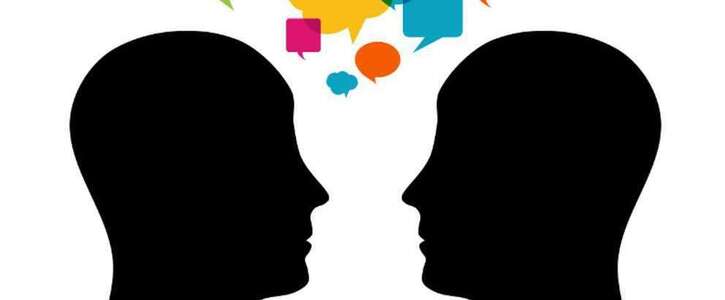100 signatures reached
To: Salford University
Fair Marking for Counsellors during COVID-19 at Salford University

We want an urgent review of marking criteria on the Counselling and Psychotherapy MSc and Level 7 Diploma courses, taking account of the disruption caused by COVID-19 and redressing the unfair penalisation which will prevent many students from qualifying this autumn.
Why is this important?
Most student counsellors on these programs have worked for free during COVID-19, providing telephone and/or online counselling to clients, having had minimal training on practicing in this way. Previously, students were not allowed to practice remotely due to ethical implications, but the global pandemic made a sudden change of policy necessary. This has put us at a disadvantage in terms of the marking of our audio submissions (recordings of a session with a client), which had to be recorded under unusual and unprecedented circumstances that fell outside the criteria of the taught program.
We want a review of the recent results and marking criteria, taking account of these unusual circumstances in which the work was forced to be done due to COVID-19, and reflecting the commitment and the hard work of student counsellors during these exceptional and difficult times (as well as the disruption to the taught program and student support). They could, for example, calculate average marks based on work handed in before the pandemic.
In adhering to pre-COVID marking criteria for work that was carried out in a way that was, by necessity, at odds with the teaching of the program, Salford University is effectively punishing us for the impact that lockdown has had on our studies.
Having been unfairly penalised and prevented from qualifying, we will have to continue to work for free and obtain a second audio recording only to face the same dilemma, as most organisations are still not allowing face-to-face counselling sessions to take place. If the same marking criteria are applied a second time and we are similarly penalised we would be liable for an extra year of fees. For those funded by student finance the only financially viable option is to defer for a year. This means that there will be fewer newly qualified counsellors at a time when they are needed more than ever.
We want a review of the recent results and marking criteria, taking account of these unusual circumstances in which the work was forced to be done due to COVID-19, and reflecting the commitment and the hard work of student counsellors during these exceptional and difficult times (as well as the disruption to the taught program and student support). They could, for example, calculate average marks based on work handed in before the pandemic.
In adhering to pre-COVID marking criteria for work that was carried out in a way that was, by necessity, at odds with the teaching of the program, Salford University is effectively punishing us for the impact that lockdown has had on our studies.
Having been unfairly penalised and prevented from qualifying, we will have to continue to work for free and obtain a second audio recording only to face the same dilemma, as most organisations are still not allowing face-to-face counselling sessions to take place. If the same marking criteria are applied a second time and we are similarly penalised we would be liable for an extra year of fees. For those funded by student finance the only financially viable option is to defer for a year. This means that there will be fewer newly qualified counsellors at a time when they are needed more than ever.
